New York City has filed a lawsuit in federal court charging four vaping product distributors and six persons associated with the companies for illegally selling flavored vaping products other than tobacco in the city. It is possible more companies will be added to the suit.
The civil lawsuit, filed Monday in the U.S. District Court for the Southern District of New York, claims the defendants violated “nearly every federal, New York State and New York City law applicable to the marketing, distribution, and sale of flavored e-cigarettes, the sales of which are prohibited under laws enacted by all three jurisdictions.”
Named in the suit are Magellan Technology Inc., Ecto World LLC (Demand Vape), Mahant Krupa 56 LLC (Empire Vape Distributors) and Star Vape Corp. Also named were Matthew Glauser, Donald Hashagen, Russell Rogers, Nikunj Patel, Devang Koya and Nabil Hassen. The suit also mentions Puff Bar, Elf Bar and Hyde products, however, those manufacturers were not named in the suit.
The lawsuit alleges the defendants committed mail and wire fraud, alongside violations of New York City’s Administrative Code, New York State Public Health Law, and the federal Tobacco Control Act. The city also accuses the companies of violating both the federal Racketeering Influenced Corrupt Organizations (RICO) Act and the Prevent All Cigarette Trafficking (PACT) Act.
The suit centers on disposable flavored vapes. However, the suit alleges that is seeking relief for any type of flavored e-cigarette product on the market. This would suggest the suit could grow into anyone entity that has sold flavored vaping products in the city.
“Although this action speaks principally about (flavored disposables), the favorite type of electronic nicotine delivery system among youth and the most intentionally directed to that market, the City seeks relief for defendants’ violation of laws applicable to e-cigarettes regardless of the type of device with which the violation is committed,” the suit states. “Any non-FDA approved [the FDA authorizes for marketing; it does not approve products] e-cigarette containing a flavored e-liquid is governed by the laws under which the City’s claims are brought and the City seeks relief with respect to all such devices.”
The city says it “seeks to recover monetary damages and civil penalties from the defendants, potentially totaling millions,” according to a press release. The suit also alleges the sales of disposable flavored vapes created a youth use crisis. The suit alleges the largest increase in youth use ever. The claim is unsupported by any facts.
“By distributing devices that provide larger than normal doses of nicotine in a mild aerosol formulated to reduce or eliminate the harshness of burning tobacco and tasting pleasantly of fruit, candy or desserts, [flavored vaping device] manufacturers and distributors have triggered the largest increases in youth nicotine use ever seen,” the suit claims.
The lawsuit states the city will seek triple the damages awarded at trial under the RICO guidelines.


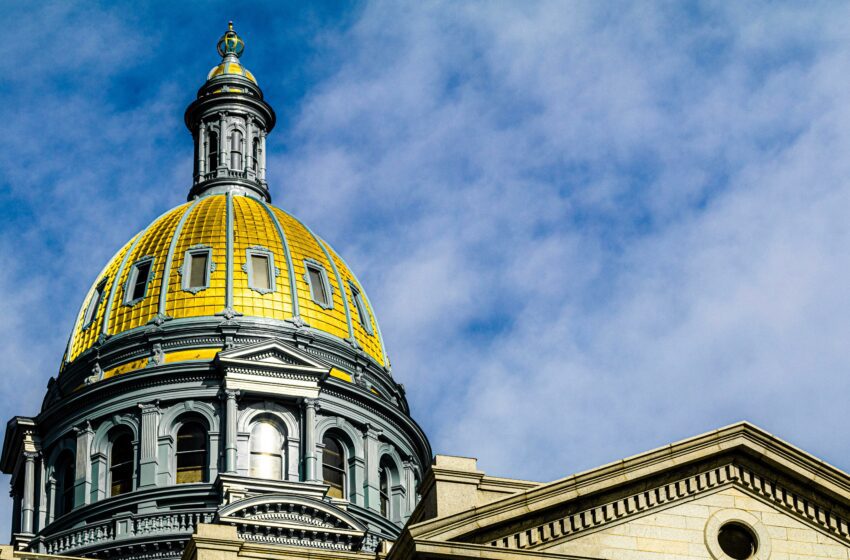
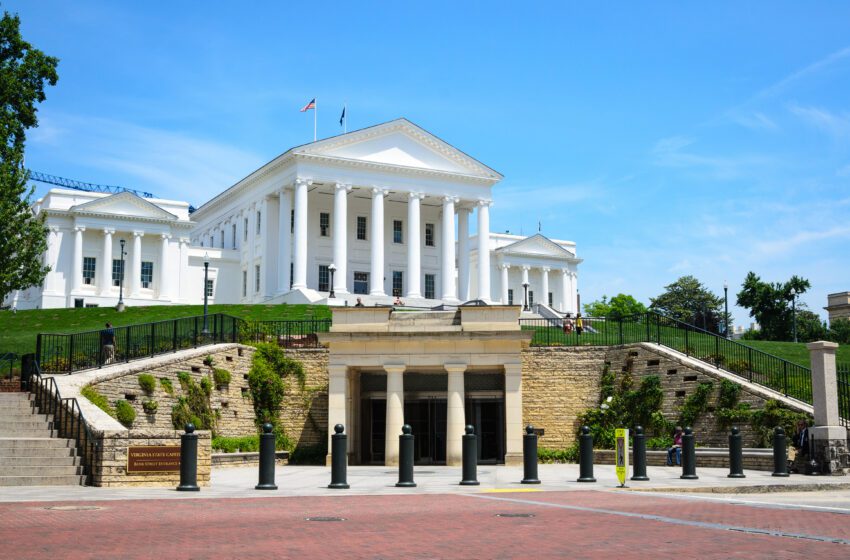



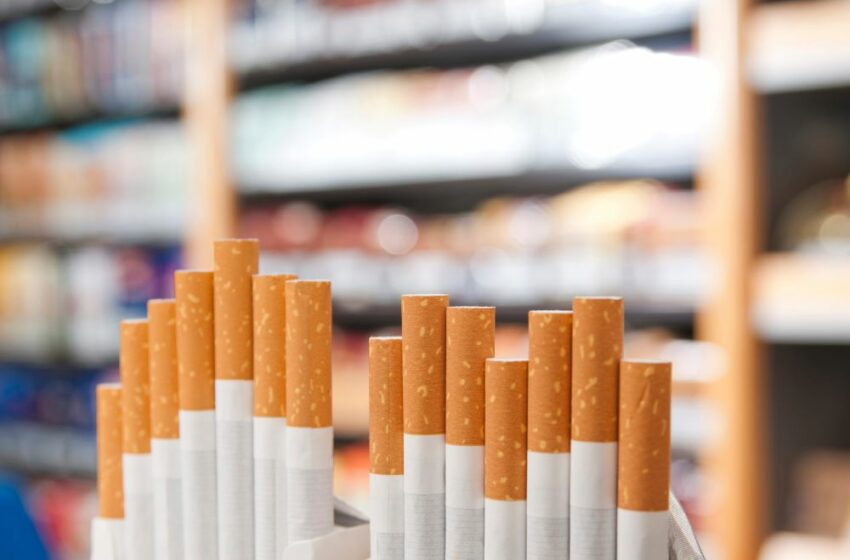
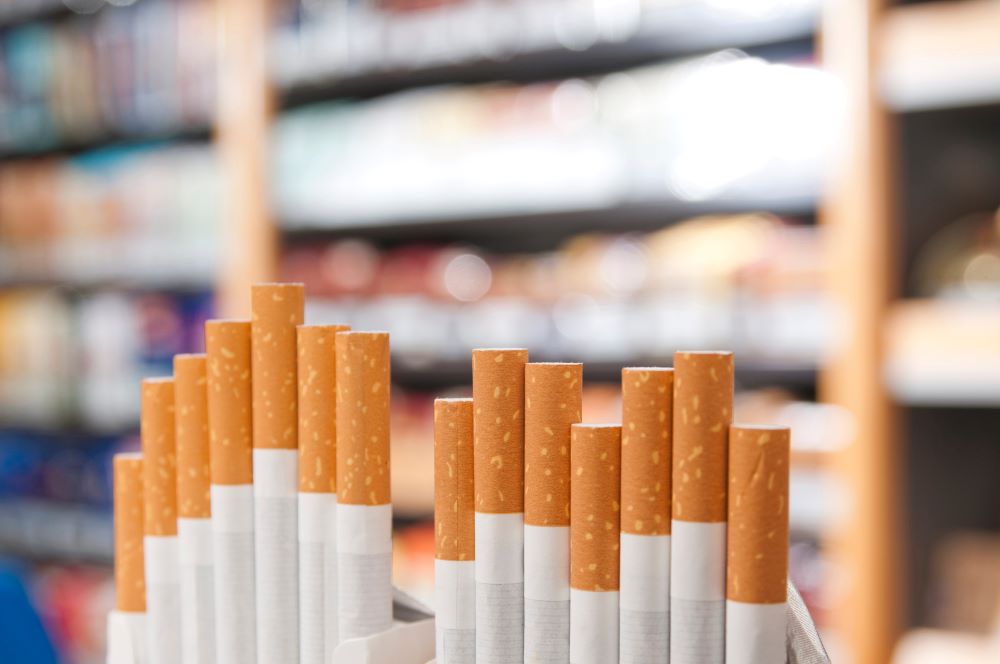



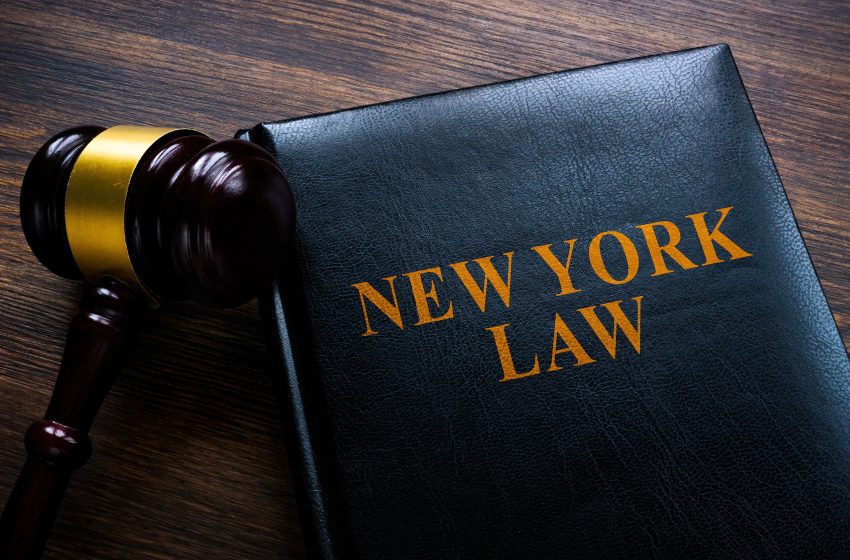
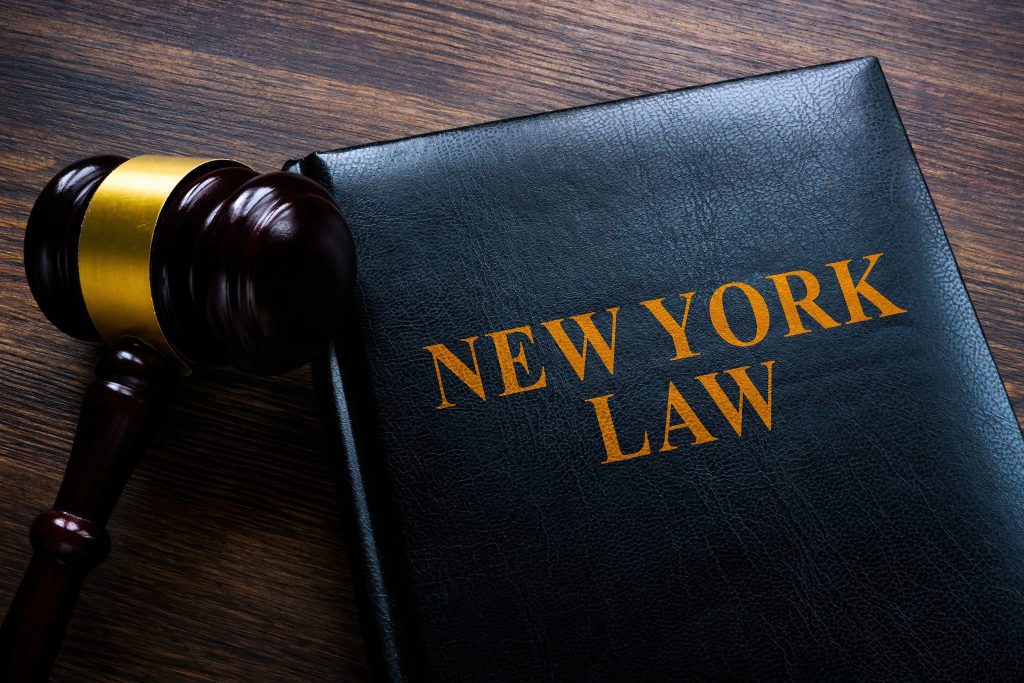
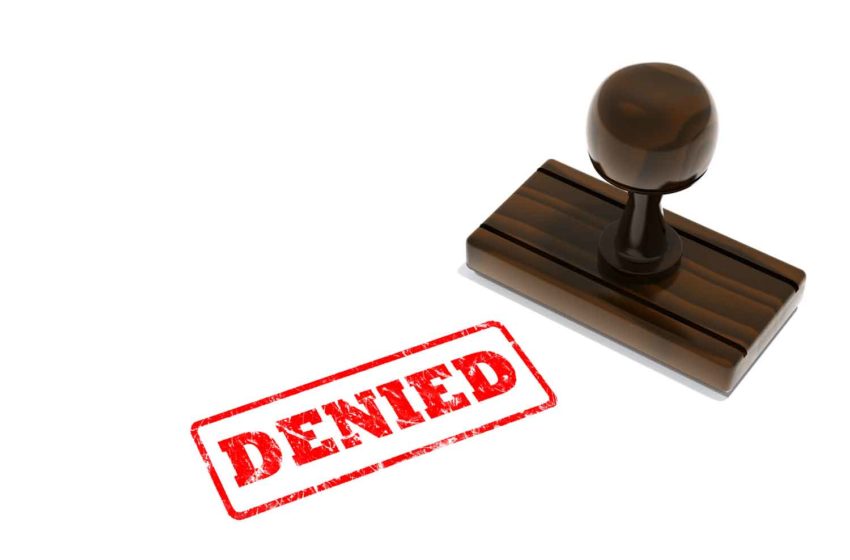
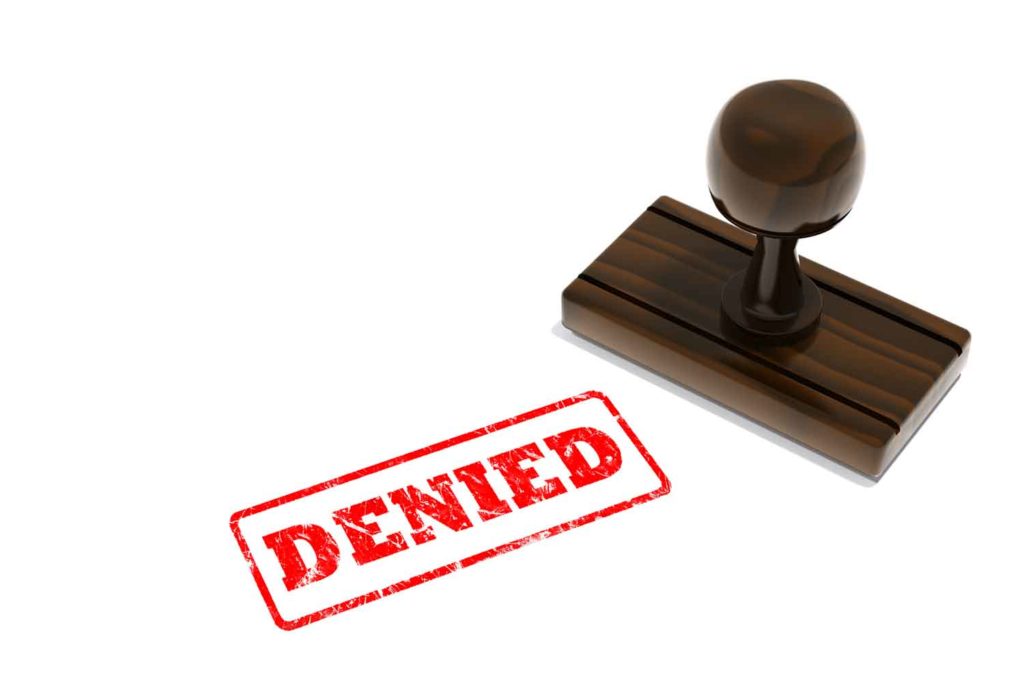


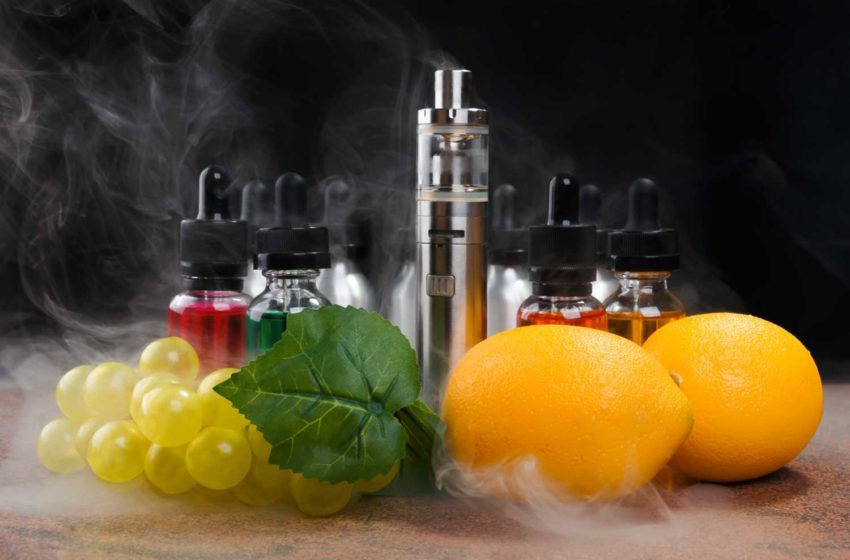

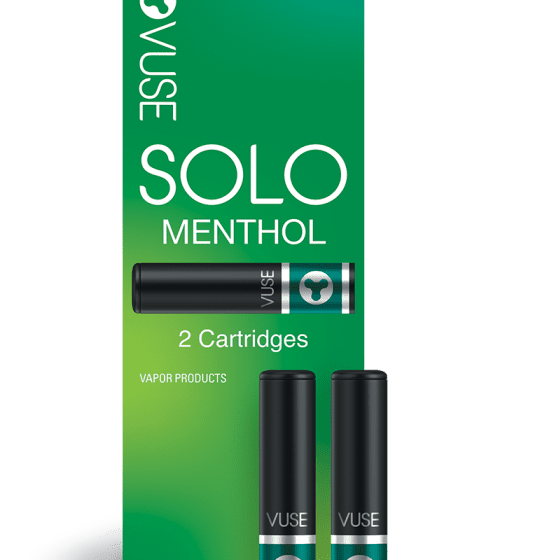
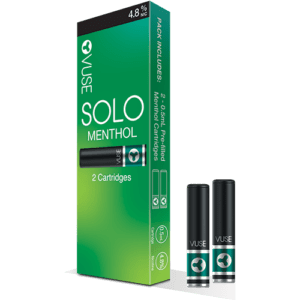 The U.S. Food and Drug Administration issued
The U.S. Food and Drug Administration issued